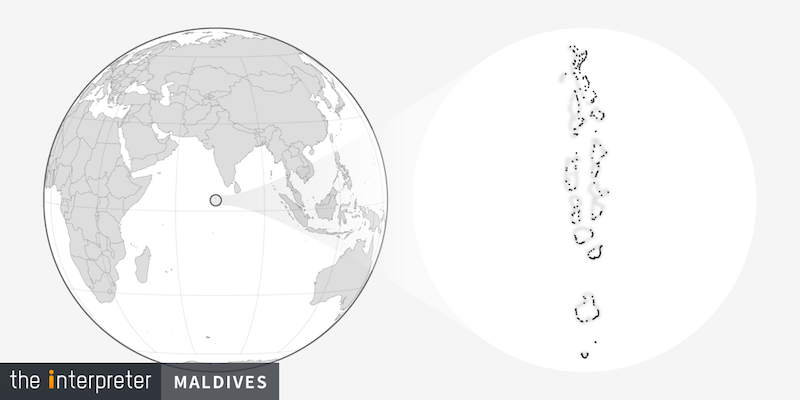
ARKOPRABHO HAZRA : Since the election of a new president in the Maldives, Mohamed Muizzu, the relationship with New Delhi has experienced a downturn. Muizzu assumed power in November, having won the top job on an “India Out” campaign, asking India to withdraw military personnel from its island neighbour. Muizzu also broke with tradition by opting not to make New Delhi his first foreign visit.
Tensions further escalated when representatives from the Maldivian government, specifically three deputy ministers from the Ministry of Youth Empowerment, Information, and Art, made derogatory comments against India and about Prime Minister Narendra Modi.
The heat has continued to turn up, and beyond officialdom. Leading Bollywood celebrities and renowned athletes have called for boycotting travel to the Maldives. Travel companies began cancelling flight bookings to the Maldives and refunding any packages booked for the island nation.
The big concern is focused on perceptions that Muizzu is as much “pro-China” as “anti-India”.
The boycott campaign, however, may have come at the cost of forfeiting a valuable leverage against Malé. Given Muizzu’s evident attempts to distance himself from India, it would have been more prudent to turn on the diplomatic charm, rather than mete out punishment. The bitterness in this dispute has instead raised questions about India’s behaviour and engagement in the neighbourhood.

The boycott of Maldives by the Indian elite resurrects timeless debates in international relations of “conflict versus cooperation” or the “security dilemma”. In this case, the dilemma might not be created out of military implications but rather the imbalance of power structures in the subcontinent.
While India has diligently pursued a robust Neighbourhood First Policy, fostering relationships through humanitarian assistance and disaster relief, development cooperation, and shared culture, challenges arise when a neighbouring state elects a head with an anti-India stance, particularly one leaning towards China. In November 2019, after India released its new political map as a result of the abrogation of Article 370 in the constitution, Nepal objected to the inclusion of the disputed Kalapani region as Indian territory. In 2020, under the leadership of KP Sharma Oli – no fan of India – the National Assembly of Nepal approved a new map that included land claimed by India. At that time, the Indian Army Chief insinuated that Nepal’s actions were at the behest of China.
India’s engagement with its neighbours is undeniably driven by the objective of countering Beijing’s influence in South Asia. Given Muizzu’s evident preference for China, the call to boycott Maldives would only seem to have reinforced his distrust of India.
Instead, Indians are championing a notional victory that they will limit some 200,000 tourists visiting Maldives, which will undoubtedly affect the island country’s tourism-dependent economy. However, the share of Indian tourists in Maldives has halved since 2021, dropping to just 11 per cent in 2023. This downtrend highlights that in the long run, Maldives might not feel the absence of Indian tourists.
Until 2019, Chinese tourists held the top spot as the highest number of foreign tourists to the island nation. Following the India boycott calls, Muizzu visited China this month, stating “China was our number one (tourism) market pre-Covid, and it is my request that we intensify efforts for China to regain this position”. So India’s boycott has only provided another opportunity for Malé to drift further away and build closer ties with Beijing.
Stirring nationalist sentiments on foreign policy matters in the neighbourhood might appease a voter base, especially in an election year for India, similar to the Balakot strike back in 2019. But the actions taken by the Indian government might have yielded adverse consequences rather than positive outcomes.
It would have been more prudent for India to limit its response to summoning the Maldivian envoy in New Delhi, rather than delivering a broadside. While voices in Maldives have reaffirmed the significance of the relationship with India, Muizzu has refrained from direct comments. It leaves the relationship between the two countries in a precarious position. More so than it needed to be.
